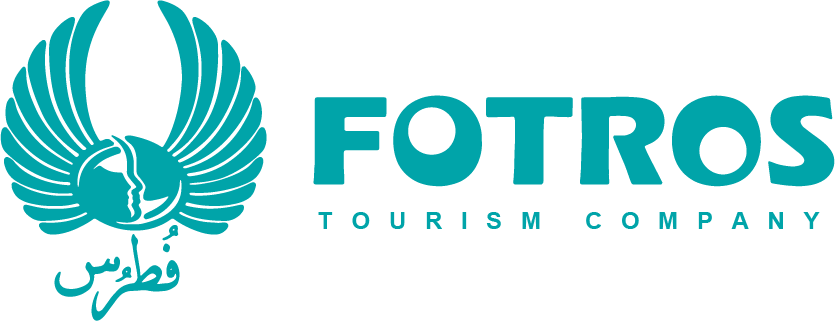
Medical Surgeries
Ovarian Cystectomy


Ovarian cystectomy is a surgical procedure performed to remove ovarian cysts. Ovarian cysts are fluid-filled sacs that can form on or within the ovaries. While many ovarian cysts are benign and do not require treatment, some may need to be removed if they are causing symptoms, growing in size, or if there is concern that they could be cancerous.
During an ovarian cystectomy, a surgeon will make an incision in the abdomen, often using minimally invasive laparoscopic techniques, to access the ovaries. The surgeon will then carefully remove the cyst while preserving the healthy ovarian tissue. This is important, especially in younger women, as preserving the ovary can help maintain fertility and hormonal function.
The specific surgical approach may vary depending on the size, location, and characteristics of the cyst, as well as the patient's circumstances.
In some cases, the cyst may be drained and then removed, while in others, the entire cyst may be excised.
Common reasons for recommending ovarian cystectomy include:
Large Cysts: Ovarian cysts that are particularly large and have the potential to cause discomfort, pain, or complications may be recommended for removal.
Suspicion of Ovarian Cancer: In cases where there is a concern that the cyst may be cancerous or if it exhibits suspicious characteristics, surgery may be recommended to confirm the diagnosis and remove the cyst.
Persistent Symptoms: Cysts that cause persistent and severe symptoms such as pain, pressure, or menstrual irregularities may be candidates for surgical removal.


Infertility or Fertility Preservation: In some cases, cystectomy may be recommended to improve fertility or preserve the ovarian tissue, especially in cases of benign cysts.
High Risk of Rupture: Cysts that are at risk of rupturing, which can lead to internal bleeding or infection, may necessitate removal.


Before the Procedure:
Consultation: Discuss the procedure, its risks, benefits, and alternatives with your healthcare provider. Make sure to address any questions or concerns.
Pre-operative instructions:
• Follow any dietary or fasting restrictions provided by your surgeon.
• Discontinue certain medications or supplements as instructed (e.g., blood-thinning drugs).
• Arrange for someone to drive you home after the surgery.
• Shower and wash your abdomen thoroughly the night before or the morning of the surgery, following your surgeon's recommendations.
Planning:
• Ensure you have someone to help you at home for a few days after the procedure.
• Pack a bag with comfortable clothing, personal items, and any required medications.
After the Procedure:
Recovery room: After the surgery, you'll be taken to a recovery room for observation until you wake up fully from anesthesia.
Pain management: You may experience some discomfort or pain after the surgery. Your healthcare provider will prescribe pain medications to manage this.
Hospital stay: Ovarian cystectomy is often performed as an outpatient procedure, but in some cases, an overnight hospital stay may be required.
Diet: Start with clear liquids and gradually progress to a regular diet as tolerated.
Incision care: Keep the incision site clean and dry. Follow your surgeon's instructions for showering and dressing changes.
Pain monitoring: Pay attention to any unusual pain, signs of infection (redness, swelling, or discharge at the incision site), or other concerning symptoms.


Follow-up appointments: Attend all scheduled follow-up appointments with your healthcare provider.
Activity and rest: Follow your surgeon's instructions regarding physical activity and rest. Typically, you should avoid strenuous activities for a few weeks. Walking is encouraged to prevent blood clots and promote healing, but don't overexert yourself.
Resuming normal activities: Your surgeon will guide you on when it's safe to return to work, resume sexual activity, and engage in strenuous physical activities.
Contraception: Discuss contraception with your healthcare provider, as some women may be at risk of pregnancy immediately after the procedure.


Our services include:
![]() our online services include: quotes and consultation
our online services include: quotes and consultation
![]() Planning the highest word-level medical trips and quality hospitals and medical centers according to the patient's request and budget.
Planning the highest word-level medical trips and quality hospitals and medical centers according to the patient's request and budget.
![]() Appointing treatments by the most skilled and experienced doctors.
Appointing treatments by the most skilled and experienced doctors.
![]() Airport pick-up/drop off, check-ups, accompanying translator, book hotel (for patients and their families)
Airport pick-up/drop off, check-ups, accompanying translator, book hotel (for patients and their families)
![]() Pre-hospitalization / post-hospitalization care services
Pre-hospitalization / post-hospitalization care services
All-Inclusive Medical Travel Packages
based on your budget, our team will assist you in choosing the best hotels, doctors, and medical centers. Our packages include:
 Airport Pickup Services
Airport Pickup Services Airport Dropoff services
Airport Dropoff services Hotel
Hotel Ticket
Ticket visa
visa translator
translator Transfer
Transfer SIM Card
SIM Card Sightseeing
Sightseeing


 why Iran
why Iran
Patients may choose to have abdominoplasty (commonly known as a tummy tuck) in Iran for a variety of reasons
Cost, Quality of Care, Privacy and Discretion, Combined Tourism, no Waiting Times
![]()
Fotros is an Iranian health tourism company with a professional team consisting of a support team and word-level doctors in medical and cosmetic surgeries like Neurosurgery, Rhinoplasty, Breast cosmetic surgeries, Liposuction, tummy tuck, etc.










 why Iran
why Iran